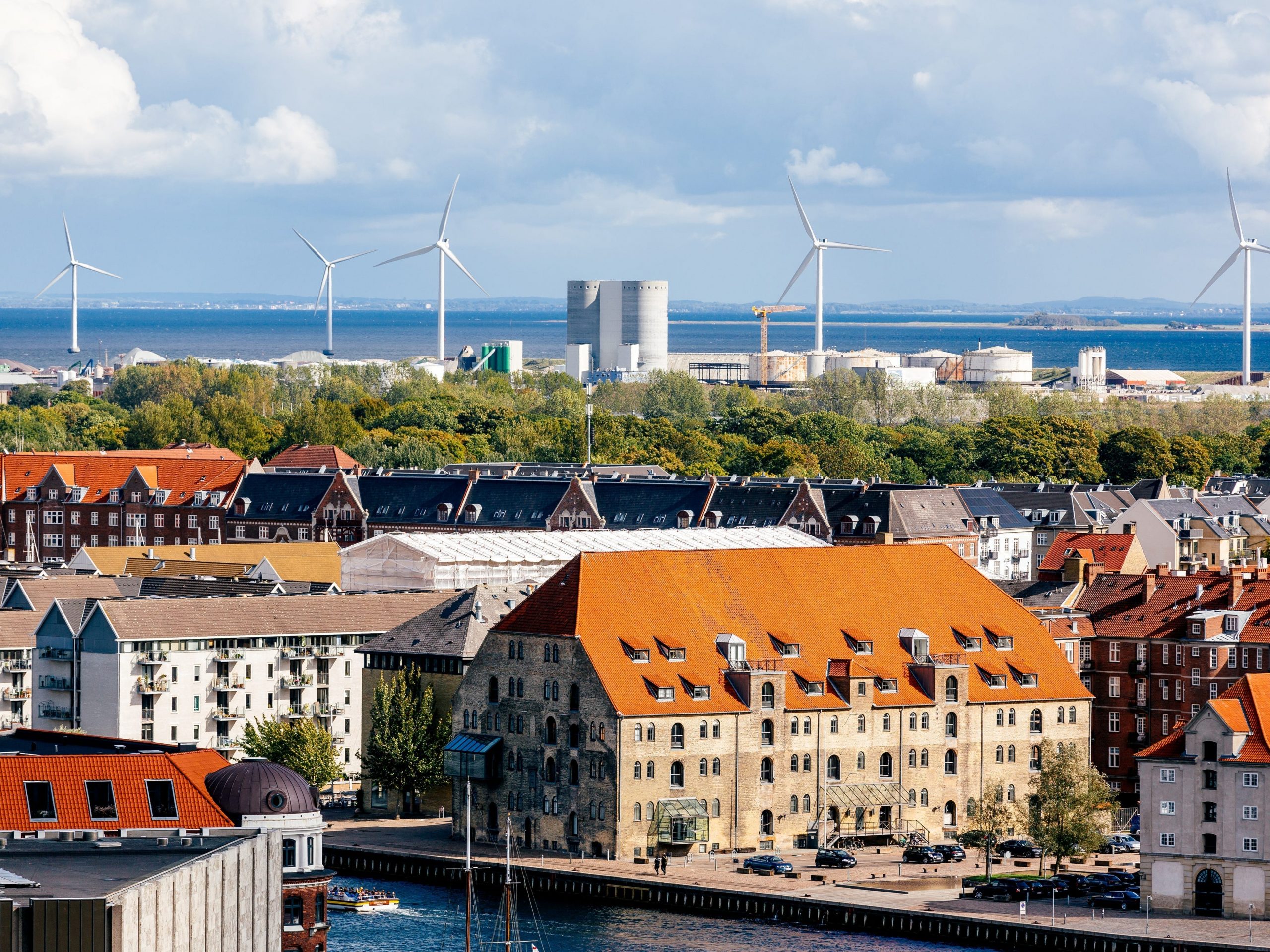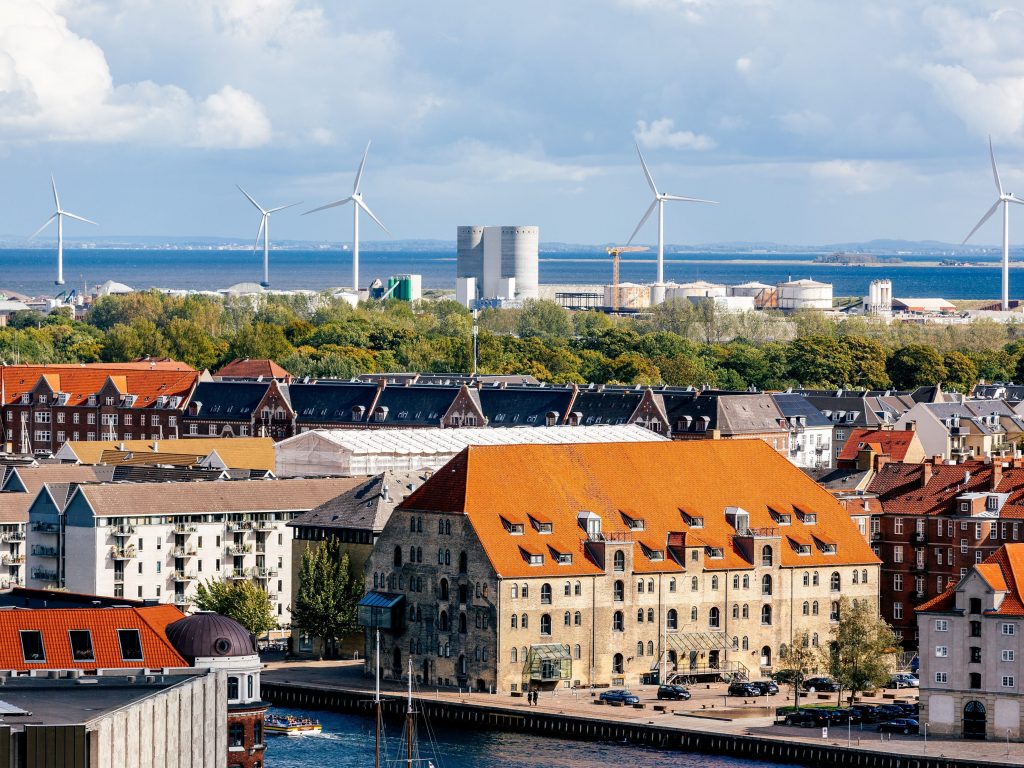
Alexander Spatari/Getty Images
- Copenhagen was named the world's safest city by the Economist Intelligence Unit on Monday.
- Toronto came in second and Singapore third, while Sydney and Tokyo took fourth and fifth spot respectively.
- New York City came in 11th in EIU's rankings, and Washington DC was 14th.
- Visit Insider's homepage for more stories.
Copenhagen was named the world's safest city by the Economist Intelligence Unit (EIU) for the first time on Monday. The capital of Denmark overtook Tokyo and Singapore – the usual frontrunners of the index.
The EIU has undertaken the survey every two years since 2015. To come up with the rankings, it evaluates 76 indicators across digital, health, infrastructure, environmental, and personal security sectors.
In 2019, when the survey was last completed, Tokyo took the top spot, Singapore placed second, and Osaka was ranked third. This year, Copenhagen, Toronto, and Singapore ranked first, second, and third, respectively.
The safest city in the US is New York City, coming in at 11th place, with Washington DC placed at 14th. San Francisco, Los Angeles, and Chicago also made it to the world's top 20 safest cities, coming in at 15th, 18th, and 20th place, respectively.
Generally, the report's authors noted, there is jostling among the cities for the top spots, but the overall cohort of high-ranking cities remains somewhat static. Overall, cities in the Asia-Pacific region fared the best, and those in the Middle East scored the worst.
The report noted that the COVID-19 pandemic has "changed the whole concept of urban safety," making digital security more important as businesses increasingly move online. The pandemic also shifted how infrastructure safety is measured as transport and utility habits change.
"Greater levels of working from home, increased digitization of commerce, and growing resident demands for more sustainable urban communities with services within walking or cycling reach all have extensive infrastructure implications," the report said, adding that cities will have to keep up with these changes in the next 20 years.
This year's added environmental security pillar made a major difference in the overall rankings. Wellington, New Zealand, ranked number one in this category, though it came in 7th overall. Copenhagen and Toronto both performed better in the area of environmental security than Tokyo and Singapore. Copenhagen ranked sixth in this category, Toronto came in second, Tokyo ranked 13th, and Singapore ranked 37th.
The environmental security pillar considers a city's sustainability masterplan, green economy initiatives, waste management, and air quality levels, among other things.
The EIU report said there is a strong correlation between income and urban safety, with the top 29 cities belonging to high-income countries.
Yangon, the financial center of Myanmar, was the least safe place on the index at number 60, with Karachi, Caracas, Cairo, and Lagos also in the bottom five.
